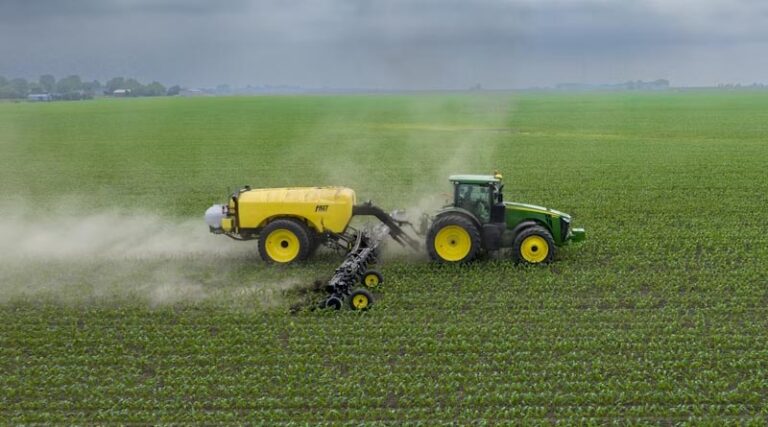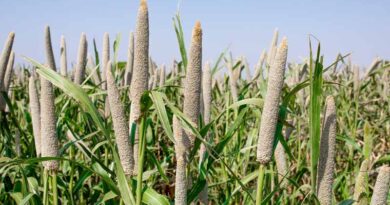
French Study Reveals Pesticide Exposure Linked to Childhood Health Problems
03 October 2025, French: A new analysis by ANSES, France’s Agency for Food, Environmental and Occupational Health & Safety, has raised fresh concerns about the health effects of pesticides that are still widely used in farming and in everyday life. The findings are based on a major scientific review carried out by Inserm, the French National Institute of Health and Medical Research, which updated its conclusions in 2021.
This study is not just for scientists or policymakers. It matters to ordinary families, farmers, and consumers, because pesticides are present in the crops we grow, the food we eat, the air we breathe, and sometimes even in household products and medicines. While pesticides are tested for safety before they are approved, ANSES has pointed out that their effects in the real world can be different and sometimes more harmful than expected. This is why the agency stresses the need to regularly reassess approvals as new scientific knowledge becomes available.
Pyrethroids at the Centre of Concern
Among the pesticides examined, pyrethroids stood out as a major concern. These insecticides are still used in agriculture, in products for household pest control, and in veterinary medicines. ANSES’s analysis, combined with French public health data, showed that children carry higher levels of pyrethroid residues in their bodies compared to adults. This is worrying because Inserm’s review linked prenatal exposure to pyrethroids with developmental and behavioural disorders in young children.
The review also found other potential health risks. Damage to sperm quality was observed in the general population exposed to pyrethroids, raising questions about long-term reproductive health. In farming communities, exposure to deltamethrin—a type of pyrethroid—was associated with an increased risk of certain blood cancers, particularly chronic lymphocytic leukaemia and lymphocytic lymphoma. Although the level of proof is not absolute, the evidence was strong enough for ANSES to treat it as a warning signal.
Why Families Should Pay Attention
For farming households and rural communities, this information is especially important. Children, who are more vulnerable, are at higher risk of pesticide exposure both through food and their environment. The findings also matter to farmers who handle these chemicals directly and may face higher levels of occupational exposure. The study underlines that risks are not limited to those working in agriculture but extend to the wider population through multiple sources of contact, including household use.
Call for Stricter Controls and Safer Practices
ANSES has concluded that pesticide approvals cannot remain static for long periods. Instead, they must be updated regularly in light of new evidence. The agency has urged European regulators to strengthen their monitoring and to make better use of epidemiological studies and data collected from vigilance systems. It has also called for improved record-keeping of pesticide use so that long-term impacts can be better understood.
Most importantly, ANSES has reminded the public and farmers alike that pesticides—whether used on crops, in homes, or for animals—should only be applied when strictly necessary. Reducing unnecessary applications is one of the simplest yet most effective steps to protect public health and the environment.
This study brings out a concerning message: pesticides may be useful tools for farming, but their long-term effects must never be ignored. For families and farmers, the warning is clear—what helps protect a crop today may carry hidden risks for tomorrow’s generation.
Also Read: UPL Raises Mancozeb Prices in China Again Amid Supply and Cost Pressures
📢 If You’re in Agriculture, Make Sure the Right People Hear Your Story.
From product launches to strategic announcements, Global Agriculture offers unmatched visibility across international agri-business markets. Connect with us at pr@global-agriculture.com to explore editorial and advertising opportunities that reach the right audience, worldwide.






